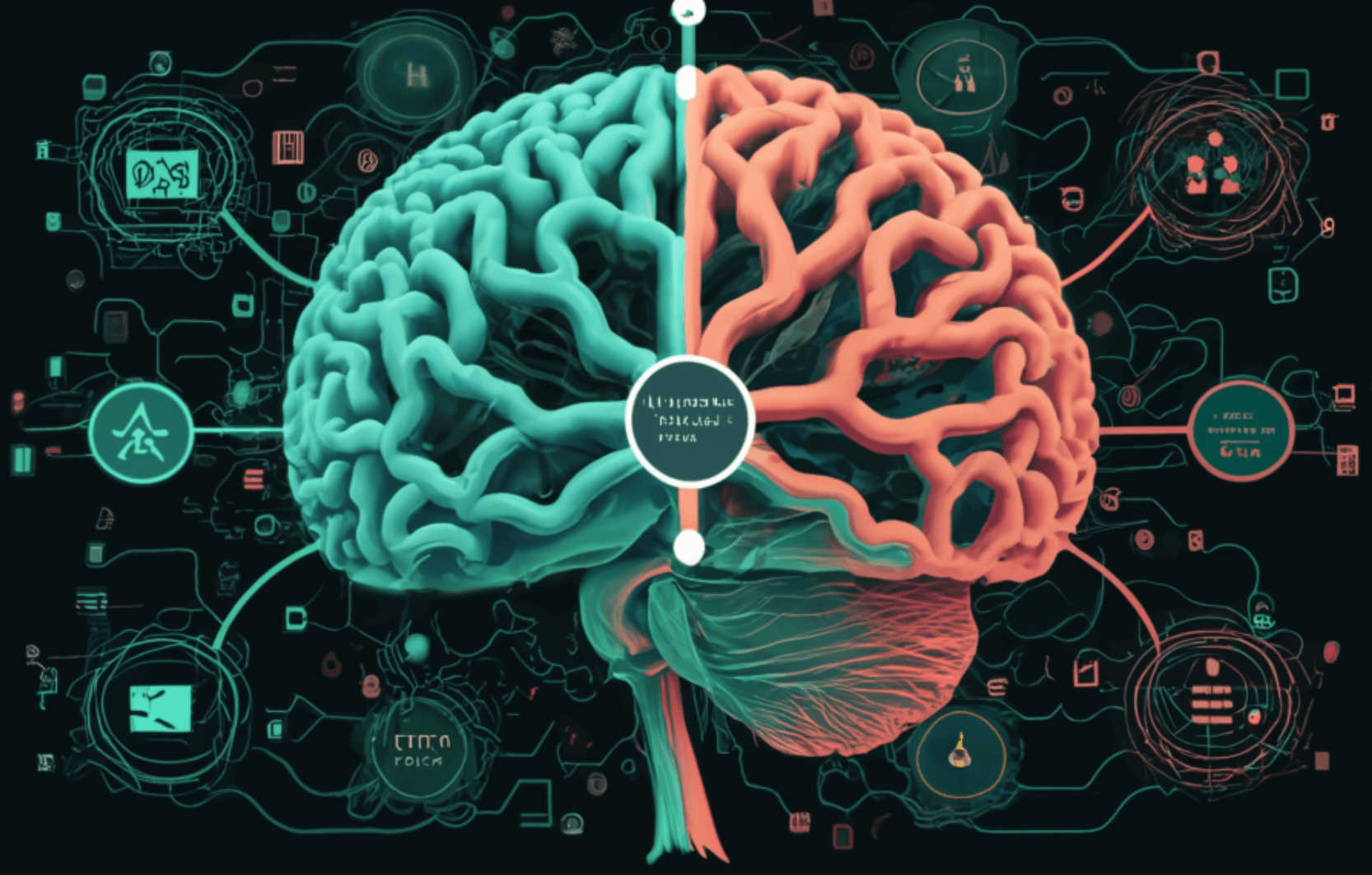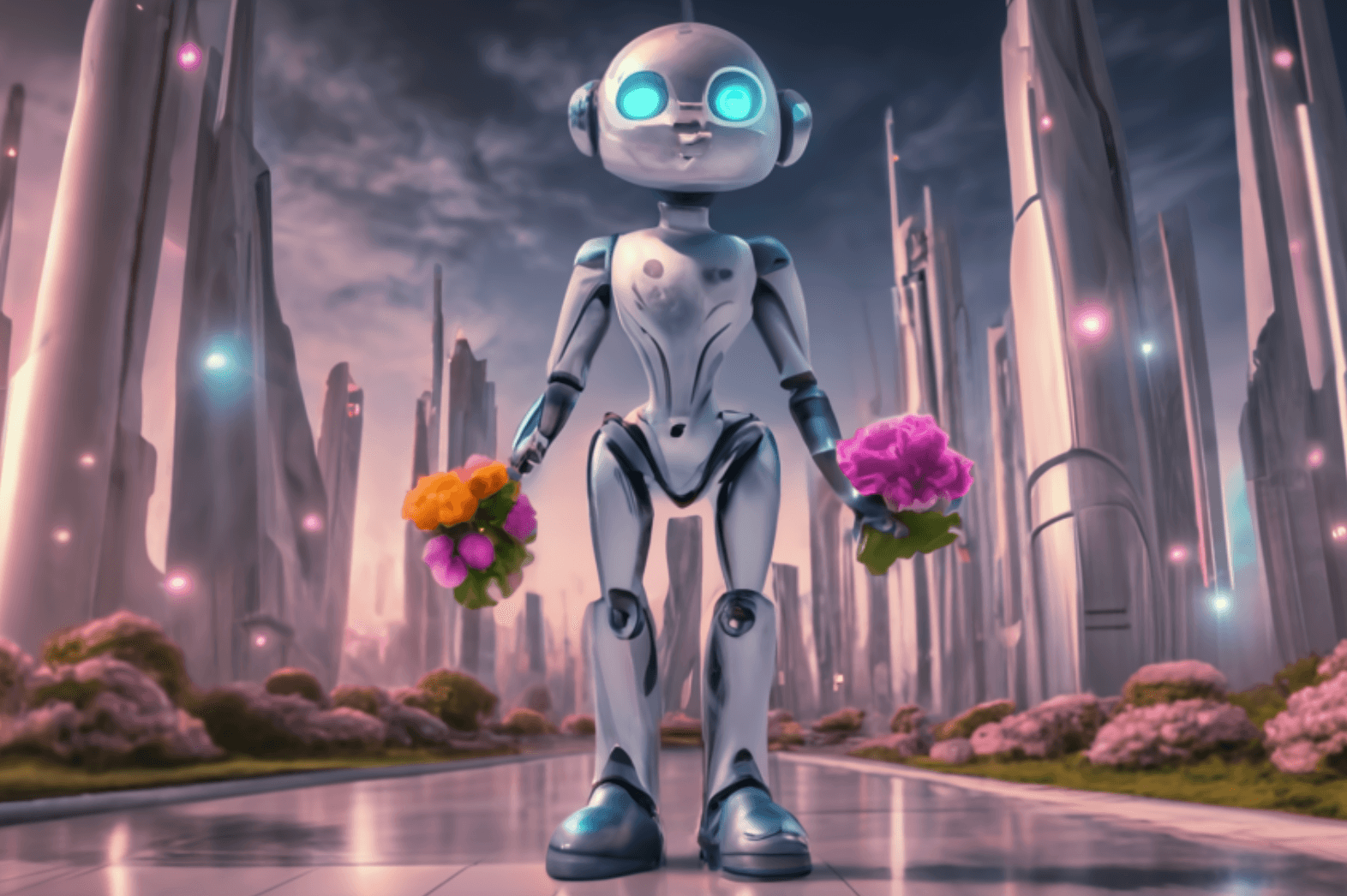The impact of AI extends far beyond technology, profoundly influencing our societies, economies, and human experience. AI can revolutionize our world by automating tedious tasks, freeing human potential for more meaningful activities, and optimizing industries for greater efficiency. In healthcare, AI can rapidly process large amounts of medical data, leading to significant discoveries, improved diagnostics, and personalized treatments, making it a valuable ally in the fight against diseases. However, we must acknowledge the risks of rapid AI evolution, such as job displacement and ethical concerns like algorithm bias and misuse in surveillance and weaponry. The future of AI is not predestined, but our choices today can shape a future where AI fosters progress, innovation, and a higher quality of life for all.
Related: Artificial Intelligence: Friend or Foe? 10 Minute Speech

Artificial Intelligence: Friend or Foe – 2-Minute Speech (Speech Format 1)
Ladies and gentlemen, esteemed guests,
Today, I am here to discuss the intriguing and sometimes controversial subject of Artificial Intelligence: Friend or Foe. The impact of AI on our lives is not just a technological matter but goes much deeper into the core of our societies, economies, and the human experience.
Artificial Intelligence can potentially revolutionize our world in unimaginable ways, making our lives easier and more efficient. By automating tedious tasks, AI can free up human potential for more meaningful and creative activities. It can streamline industries and optimize processes, making it a valuable tool in driving innovation and efficiency.
AI has emerged as a valuable tool in the healthcare sector. Its ability to process large amounts of medical data at high speeds could lead to significant discoveries, improved diagnostics, and personalized treatment plans. AI can be a valuable ally in the fight against diseases and potentially revolutionize healthcare. However, we must also acknowledge rapid AI evolution’s potential risks and negative consequences, such as job displacement. As AI systems become more proficient at handling routine tasks, there is a risk of human workers being left behind, leading to economic challenges and social unrest.
The use of AI raises ethical concerns that are equally troubling as its benefits. There is a potential for algorithm bias, which can perpetuate societal inequalities. Additionally, the misuse of AI in surveillance and weaponry is a serious concern that requires our attention. We must address these challenges to ensure our technological advancements do not unintentionally harm our values and principles.
The distinction between friend and foe is not always clear-cut. It exists on a spectrum, and as caretakers of this technology, we must navigate it judiciously. The ideal situation is one of human-machine collaboration, where AI serves as a tool that enhances our abilities rather than as a replacement.
The future of Artificial Intelligence is not predestined, but our current choices influence it. We are at a point where sensible rules, ethical deliberations, and responsible innovation can shape a future where AI benefits progress, innovation, and a higher quality of life for all.
Thank you ✌.
Related: Artificial Intelligence: Friend or Foe? 10 Minute Speech
Artificial Intelligence: Friend or Foe – 2-Minute Speech (Speech Format 2)
Artificial intelligence, or AI, has undeniably revolutionized our world. AI has become an integral part of our lives, from advancements in healthcare to transforming industries. Imagine a world where diseases are diagnosed early, personalized education is accessible to all, and mundane tasks are automated, giving us more time to pursue our passions. AI, as a friend, holds immense promise. It empowers us with tools that enhance productivity, solve complex problems, and improve our overall quality of life.
AI, like any powerful tool, also presents challenges. The rapid advancement of AI technology raises questions about privacy, security, and ethics. As AI systems become more sophisticated, they risk being used maliciously, potentially threatening confidentiality and safety. Moreover, there is a concern about job displacement as AI automates tasks that were once performed by humans, potentially leading to economic disparities.
The question remains: is AI a friend or foe? The answer lies in how we choose to harness its potential. We must approach AI with responsibility and caution. By establishing robust ethical guidelines, ensuring transparency in AI development, and promoting inclusive discussions, we can mitigate the risks and maximize the benefits of AI.
In conclusion, AI is neither inherently good nor bad. It is a reflection of our intentions and actions. As we continue to innovate and integrate AI into our lives, let us strive to be vigilant stewards of this technology. By doing so, we can ensure that AI remains a powerful ally, working alongside us to create a brighter and more equitable future for all.

21 Points on Artificial Intelligence: Friend or Foe:
- Embracing AI as a friend requires fostering a collaborative mindset, where humans and machines complement each other’s strengths and weaknesses.
- The potential for AI-driven advancements in scientific research holds the promise of unravelling complex mysteries and pushing the boundaries of human knowledge.
- Friendliness in AI development necessitates a commitment to transparency, ensuring that the decision-making processes of these systems are understandable and accountable.
- As AI continues to evolve, focusing on education and upskilling becomes crucial to empower individuals with the tools needed to navigate the changing employment landscape.
- The ethical imperative lies in addressing biases within AI algorithms to prevent the perpetuation of social injustices and discrimination.
- Friend or foe, AI’s impact on privacy calls for robust regulations that safeguard individuals from unwarranted intrusion into their personal lives.
- Encouraging interdisciplinary collaboration between technologists, ethicists, and policymakers is essential to establish guidelines that balance innovation with ethical considerations.
- The potential for AI to enhance environmental sustainability underscores the importance of responsible development, using technology as a force for positive ecological change.
- The transformative power of AI can be harnessed for social good, aiding in disaster response, poverty alleviation, and addressing global challenges such as climate change.
- Striking the right balance between innovation and regulation ensures that AI remains a tool for progress rather than a source of unintended consequences.
- Emphasizing inclusivity in AI development prevents the exacerbation of existing societal divides and ensures that benefits are distributed equitably.
- A friendly AI landscape requires a commitment to continuous monitoring and evaluation and adapting regulations and ethical frameworks as technology evolves.
- The intersection of AI and creativity can democratise artistic expression, providing new avenues for human imagination to flourish.
- If we neglect the importance of cybersecurity, a foe in AI could emerge, leaving critical systems vulnerable to malicious attacks and disruptions.
- Friendliness in AI involves cultivating a culture of responsible innovation, where developers prioritize humanity’s well-being over unchecked advancements.
- The potential for AI to revolutionize education calls for thoughtful integration, addressing accessibility and equity to ensure all individuals benefit from technological progress.
- Ethical considerations extend to the treatment of AI entities, raising questions about their rights and the moral responsibilities of their creators.
- The international community plays a vital role in establishing global standards for AI development, preventing a fragmented landscape that could lead to ethical gaps.
- Friendliness in AI demands a commitment to user consent and data privacy, safeguarding individuals from unwarranted surveillance and data exploitation.
- A foe emerges when AI is weaponized without appropriate ethical and legal constraints, highlighting the urgency for international agreements on autonomous weapons.
- Nurturing a friendly AI ecosystem requires an ongoing dialogue between stakeholders, fostering an open exchange of ideas to shape a future where technology serves humanity.